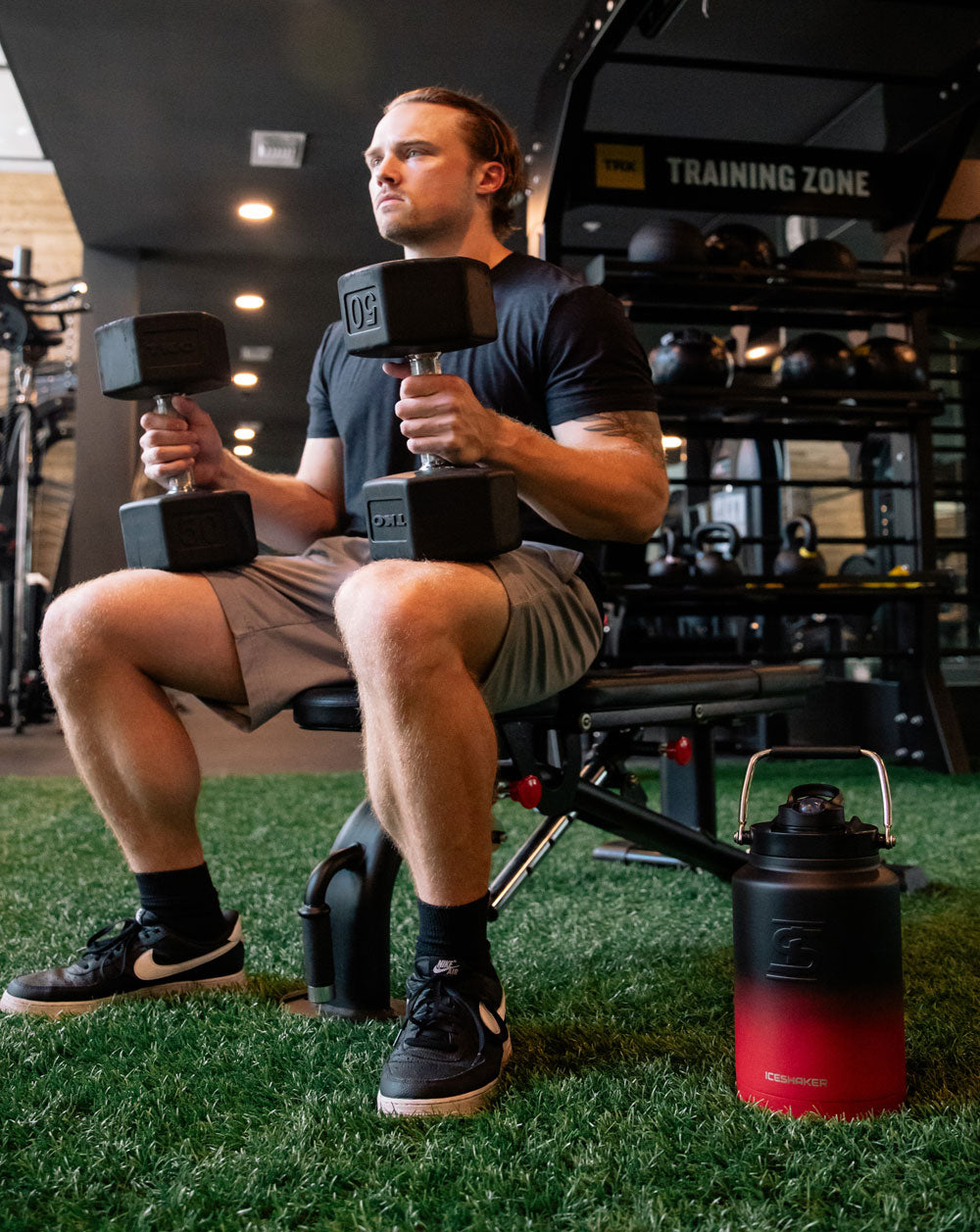Nutrition is crucial when it comes to fitness and staying healthy. Proper nutrition provides the body with the necessary fuel and nutrients to perform at its best during physical activity, and also helps to support your overall health and wellbeing.
A Balanced Diet
A balanced diet that includes a variety of nutrient-rich foods such as fruits, vegetables, whole grains, lean proteins, and healthy fats can help to maintain a healthy weight, reduce the risk of chronic diseases such as heart disease and diabetes, improve brain function and mental health, boost the immune system, and promotes healthy aging.
In addition, proper nutrition can also enhance athletic performance by providing the necessary energy and nutrients for endurance, strength, and recovery. For example, consuming carbohydrates before exercise can help to provide energy, while consuming protein after exercise can help to promote muscle recovery and growth.
Why Type of Foods to Eat for Optimal Performance
When working out, it is important to fuel your body with the right types of foods to optimize performance and support recovery. Here are some key nutrients and food groups to focus on:
- Carbohydrates: Carbohydrates are the body's primary source of energy, so it is important to consume them before and during exercise. Good sources of carbohydrates include fruits, vegetables, whole grains, and starchy vegetables like sweet potatoes.
- Protein: Protein is essential for muscle recovery and growth. Good sources of protein include lean meats, fish, poultry, beans, legumes, nuts, and seeds.
- Healthy Fats: Healthy fats help to provide energy and support brain and heart health. Good sources of healthy fats include avocados, nuts, seeds, and fatty fish like salmon.
- Hydration: Staying hydrated is important for optimal performance and recovery. Be sure to drink water before, during, and after exercise, and consider drinking electrolyte-rich beverages during intense or prolonged exercise. Stay hydrated with Ice Shaker's Shaker Bottles, made for blending protein powders but also used for water and sports drinks by athletes across the world! Plus, it'll keep your water cold for 30+ hours.

Timing is also important when it comes to nutrition and exercise. It is best to consume a balanced meal containing carbohydrates, protein, and healthy fats 2-3 hours before exercise. If you are short on time, a small snack containing carbohydrates and protein can help to fuel your workout.
After exercise, consuming a meal containing protein and carbohydrates can help to promote muscle growth and recovery.
3 Large Meals vs. Small Meals Throughout the Day
When it comes to weight loss, there is no one-size-fits-all answer for how often you should eat. What is important is that you create a calorie deficit, which means you consume fewer calories than your body burns in a day. This can be achieved through a variety of eating patterns.
Some people prefer to eat three larger meals a day, while others find it helpful to eat smaller, more frequent meals throughout the day. There are advantages and disadvantages to each approach, and what works best for you may depend on your individual preferences and lifestyle.
Eating three larger meals a day can be beneficial because it can help you feel fuller for longer periods of time, which may help to reduce overall calorie intake. However, it is important to be mindful of portion sizes and avoid overeating at each meal.
On the other hand, eating smaller, more frequent meals throughout the day can help to regulate blood sugar levels and prevent overeating. However, it is important to be mindful of the total number of calories consumed throughout the day and avoid grazing on unhealthy snacks.
Ultimately, the key to weight loss is creating a calorie deficit through a combination of healthy eating and regular exercise. Finding an eating pattern that works for you and that you can maintain long-term is important for achieving sustainable weight loss.
In summary, nutrition plays a vital role in both fitness and overall health, and it is important to prioritize a balanced and nutrient-rich diet to achieve optimal health and wellness.
